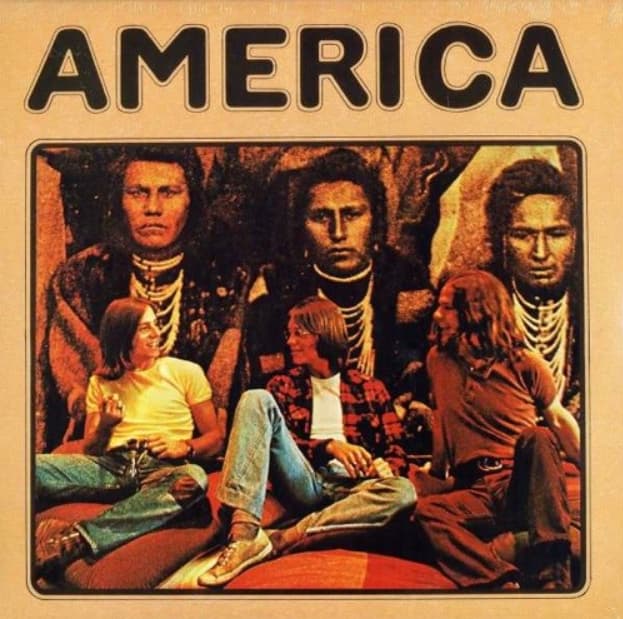
“Tin Man” by America: A Timeless Classic Weaving Nostalgia and Melancholy
When you think of America, the band, not the country, a few iconic songs might immediately spring to mind—songs that have stood the test of time and remain beloved by generations. Among those, “Tin Man”, released in 1974, holds a special place. Written by Dewey Bunnell, one of the band’s founding members, and produced by the legendary George Martin—often referred to as “the fifth Beatle” for his work with The Beatles—“Tin Man” became a signature track that showcased America’s unique blend of folk rock and pop sensibilities.
“Tin Man” draws inspiration from a character in L. Frank Baum’s classic tale, The Wizard of Oz. The Tin Woodman, or Tin Man, is a character who is in search of a heart. Bunnell, who has often cited The Wizard of Oz as his favorite childhood movie, used the character’s longing as a metaphor to explore deeper emotions and the human condition. The lyrics, with their poetic ambiguity, reflect the innocence and simplicity of childhood dreams contrasted with the complex reality of adult life. “Oz never did give nothing to the Tin Man that he didn’t, didn’t already have,” sings Bunnell, capturing a sense of bittersweet nostalgia and introspection that resonates with listeners even today.
The song’s structure is built around a gentle yet captivating melody, featuring George Martin’s delicate piano work that perfectly complements America’s trademark acoustic guitar sound. The harmonies are soothing, almost hypnotic, and they invite the listener to immerse themselves in the song’s dreamlike quality. Dan Peek, another member of America, described “Tin Man” as quintessentially Dewey—a stream of consciousness lyricism laid over a bed of acoustic melodies that creates a soft yet profound impact.
Despite Dewey Bunnell’s initial hesitation to include the song on the album, likely a clever reverse psychology trick, his bandmates, Gerry Beckley and Dan Peek, insisted on its inclusion. Their instincts were spot on. “Tin Man” was released as the lead single from their album Holiday and quickly ascended the charts. By November 1974, the song had become a major hit in the United States, peaking at number four on the Billboard Hot 100. It also topped the Billboard Easy Listening chart, reflecting its broad appeal across different listener demographics. However, in the UK, “Tin Man” was relegated to the B-side of another track from the album, “Mad Dog”, and did not chart.
The song’s success was not just a testament to its catchy melody or its thoughtful lyrics, but also to the band’s ability to connect with listeners on an emotional level. “Tin Man” is more than just a pop song; it’s a reflection on the human experience, exploring themes of longing, loss, and self-discovery through the lens of a familiar, yet deeply symbolic character. This song continues to capture the hearts of those who appreciate music that speaks to both the mind and the soul, proving that even in a world full of fleeting trends, some melodies remain timeless.